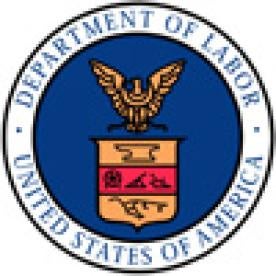The Employee Benefits Security Administration (EBSA) of the U.S. Department of Labor (DOL) recently released “Assessing the Quality of Employee Benefit Plan Audits,” a comprehensive report reviewing the quality of audit work performed by independent qualified public accountants with respect to financial statement audits of employee benefit plans covered by the Employee Retirement Security Act of 1974 (ERISA). EBSA finds, among other things, that nearly four out of 10 (39 percent) employee benefit plan audits completed by independent qualified public accountants for the 2011 filing year contained “major deficiencies with respect to one or more relevant GAAS requirements” which “would lead to rejection of a Form 5500 filing.” Common audit deficiencies include insufficient review of plan documents and administration, failure to obtain evidence of required communications to participants, inadequate review of employee eligibility, participant accruals and non-discrimination testing, and failure to obtain evidence of adequate internal controls.
EBSA’s findings are significant for plan sponsors and fiduciaries, because they illustrate the importance of continually monitoring employee benefit plans for compliance with the requirements of ERISA and the Internal Revenue Code. It can be easy for plan sponsors and fiduciaries to assume that once the independent audit is complete they can rest assured that the plan complies with legal requirements. However, as EBSA shows, completion of an independent audit does not guarantee compliance. Moreover, an independent audit is not enough—plan sponsors have a fiduciary obligation to ensure their plans are properly maintained and administered beyond what is required to complete the annual audit.
Both the Internal Revenue Service (IRS) and DOL are increasingly focused on the internal controls that plan sponsors and fiduciaries maintain to show that their benefit plans are in compliance when they audit employee benefit plans. There are numerous steps plan sponsors should take to review their plans to avoid problems that come up on IRS and DOL audits, as well as to make sure they have proper internal controls. Regular review of these issues and proper focus on internal controls can help prevent costly fines and fees when the IRS or DOL does audit a plan.




 i
i

